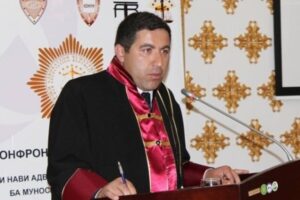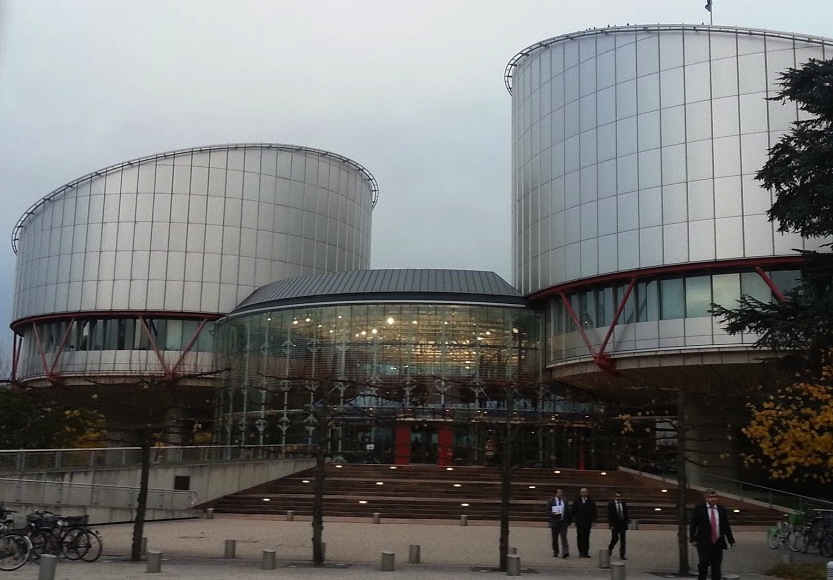
Dec 11, 2017 | News
Discussions on the future of the European human rights system should focus on effective national implementation of human rights obligations and should protect the Court from undue political pressure, the ICJ and other NGOs said today.
The ICJ and other human rights NGOs that participated in the High-Level Expert Conference ‘2019 and Beyond: Taking Stock and Moving Forward from the Interlaken Process’, held in Kokkedal, Denmark from 22-24 November 2017, commended the Danish Chairmanship of the Council of Europe for its stated commitment to involving civil society throughout the process leading up to the adoption of a political Declaration on the European Convention on Human Rights’ system in April 2018.
The NGOs believe that the anticipated Copenhagen Declaration should emphasize:
- The need for enhanced measures at the national level to prevent and address violations of the Convention rights – in particular to remedy systemic and institutional problems – and to implement the Court’s judgments.
- The need for the Committee of Ministers to take more effective action to support and ensure thorough and prompt execution of judgments, through individual and general measures.
- The importance of nominating the most- qualified candidates as judges of the Court.
- That it is a fundamental principle of the rule of law that the Court should be free from political interference.
The NGOs urged the Danish Chairmanship and all Member States to refrain from any reforms that would place undue pressure on the Court in its interpretation and application of the Convention. Any undermining of established jurisprudential principles, such as the dynamic interpretation of the Convention, must be rejected.
Europe-NGO statement on ECHR reform-News-web story-2017-ENG (full story in PDF)
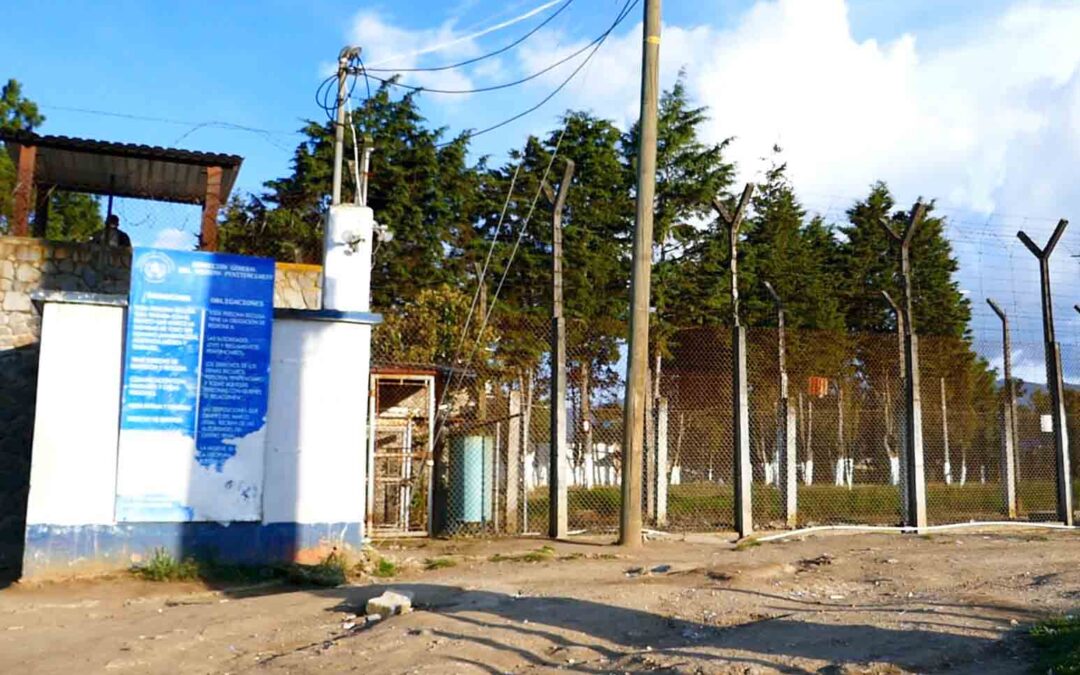
Dec 9, 2017 | Artículos, Multimedia, Noticias
Los dirigentes de comunidades indígenas que buscan proteger sus tierras y recursos naturales contra los impactos negativos de operaciones industriales y proyectos de infraestructura, han sido acusados de actividades criminales y en algunos casos detenidos de manera arbitraria.
Esta respuesta tiene como objetivo silenciar las voces de protesta y las demandas legítimas de consentimiento libre, previo e informado relativas a obras de infraestructura y otros proyectos en las comunidades indígenas.
Este video incluye entrevistas con Ramón Cadena, director de la CIJ para Centroamérica, dos dirigentes indígenas, que fueron víctimas de detención arbitraria, así como una dirigente comunitaria, explicando el impacto de la detención en la familia y toda la comunidad.
La criminalización del trabajo en defensa de los derechos humanos es un fenómeno por el cual se acusan a las y los dirigentes comunitarios de diferentes actividades criminales a causa de su oposición a un modelo de desarrollo basado en las industrias extractivas o la privatización de servicios sociales esenciales.
Este modelo de desarrollo afecta a los recursos naturales (el agua, la tierra y el medio ambiente) en los territorios de los pueblos indígenas.
Se trata de un fenómeno global que es particularmente agudo en Guatemala.
La explotación de los recursos naturales, tales como la minería a cielo abierto y las operaciones de industrias extractivas en los territorios de los pueblos indígenas, es una razón principal que explica los ataques a las protestas sociales y las acciones de defensa de los derechos humanos.
Las diferentes comunidades afectadas buscan defender sus territorios y oponerse a las diferentes formas de explotación de los recursos naturales que se hallan en sus territorios o en áreas vecinas porque puede afectar el abastecimiento en agua, la tierra y el medio ambiente.
Varios dirigentes han sido asesinados a causa de su oposición a estos proyectos.
Algunos miembros de las familias de los asesinados han asumido a su vez la tarea de oponerse a estos proyectos, y también han sido acusados de actividades criminales.
También, en Guatemala existe un conflicto social intenso por la manera de abastecimiento de electricidad.
Como resultado de la privatización del servicio en 1996, el Estado de Guatemala ha consentido concesiones a compañías nacionales e internacionales para proveer servicios de electricidad.
Durante los años, muchas y muchos usuarios se han quejado de la mala calidad y el alto coste de los servicios de estas compañías privadas.
La Comisión Nacional de Electricidad ha fallado en su deber legal de “asegurar que los concesionarios y contratistas cumplan con sus obligaciones, y proteger los derechos de los usuarios,” lo que ha sido reclamado por muchos usuarios descontentos.
Las protestas sociales conciernen las tres fases diferentes de la producción de electricidad: la generación de electricidad que incluye la construcción de presas hidroeléctricas por compañías multinacionales que causan impactos sobre los territorios de los pueblos indígenas; redes de transmisión de electricidad; y los servicios de electricidad.
Debido a esta situación, muchos usuarios de electricidad han declarado que están en resistencia citando el Artículo 45 de la Constitución de Guatemala que dice: “Es legítimo que el pueblo resista para proteger y defender los derechos y las garantías establecidos en la Constitución.”
Las acciones realizadas bajo esta protección constitucional han causado muchos ataques a los derechos humanos de muchos dirigentes comunitarios, abogados y defensores de derechos humanos.
La CIJ apoya el acceso a la justicia para las personas víctimas de tales violaciones de sus derechos humanos.
La CIJ brinda su apoyo a los abogados que defienden a estas víctimas de la criminalización de protestas sociales; actúa como observador de procesos en casos emblemáticos; promueve dialogo entre las comunidades y las autoridades estatales pertinentes, así como los alcaldes locales; y en algunos casos, apoya sumisiones de casos ante la Corte Constitucional.
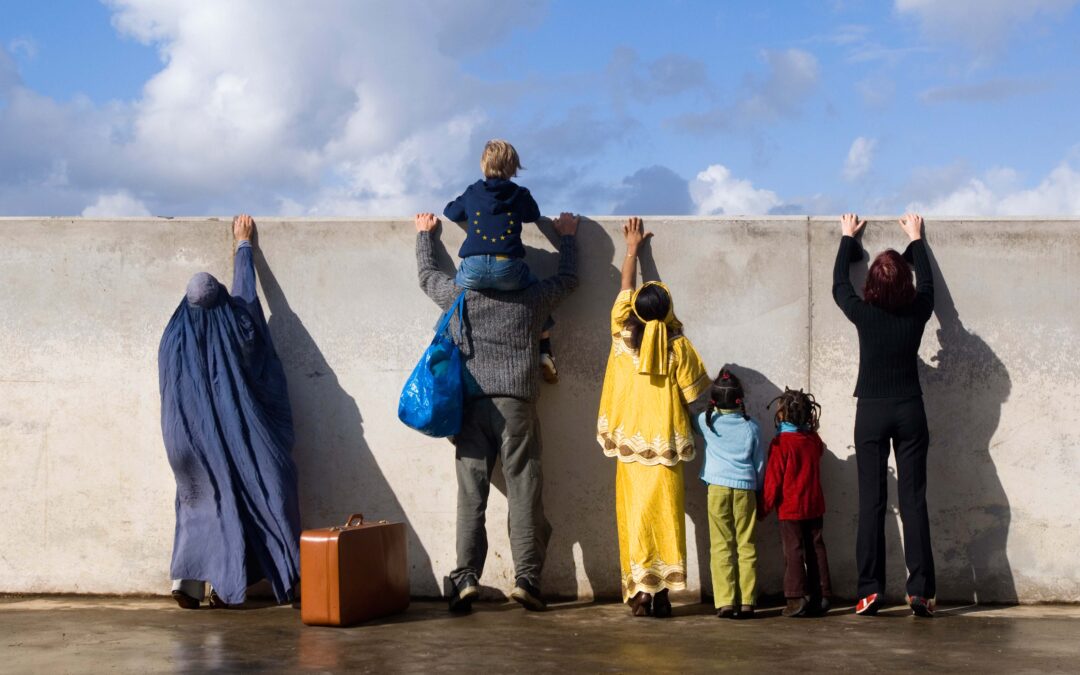
Dec 9, 2017 | Agendas, Events, News
Today begins in Izmir (Turkey) a two-day training for lawyers and CSO practitioners representing and working with migrants, refugees and asylum-seekers.
This event is organized by ICJ, in cooperation with its partners Refugee Rights Turkey, the European Council on Refugees and Exiles (ECRE), Mülteci-Der (MD) and ICJ-EI, as part of the EU co-financed project Fostering Access to Rights for Migrants, Refugees and Asylum-Seekers in Turkey.
30 lawyers and civil society practitioners – representing nine different bar associations and relevant organisations from the Istanbul area and other nearby key migration and asylum locations – are taking part in the training on 9 and 10 December.
The training aims to update lawyers and CSOs on the international and national law on the rights of refugees, migrants and asylum-seekers in order to be effective in their work at both the national and international levels. It aims at an effective implementation of the Turkish legal framework on asylum and migration.
The main thematic areas to be discussed will be the principle of non-refoulement, international protection, detention and access to economic, social and cultural rights.
The training will use as a basis the draft training materials prepared by the ICJ and its partners (to be published an the end of 2019) and, among other sources, the ICJ Practitioners Guide no. 6: Migration and International Human Rights Law.
The project “Fostering Access to Rights for Migrants, Refugees and Asylum-Seekers in Turkey” is funded by the European Instrument for Democracy and Human Rights (EIDHR) of the European Union.
Turkey-Training-Izmir-MigrationAsylum-Agenda-2017-tur-eng (download the agenda in Turkish and English)
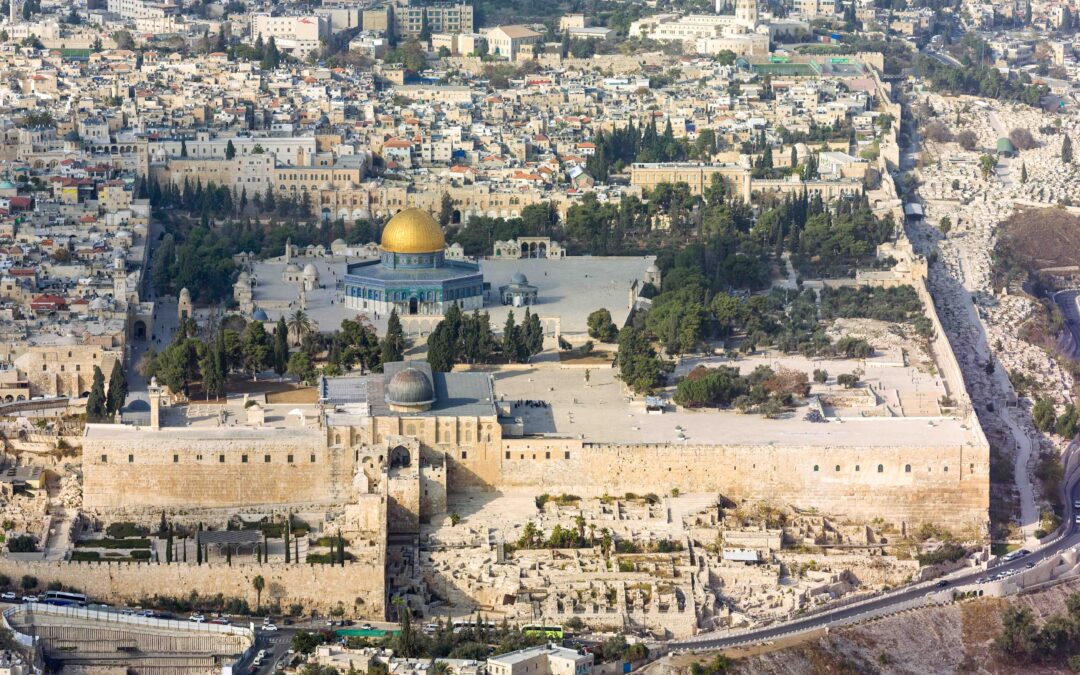
Dec 8, 2017 | News
US President Donald Trump’s declaration recognizing Jerusalem as Israel’s capital and indicating an intention to move its embassy there, dangerously ignores long-standing international law, the ICJ said today.
Numerous United Nations Security Council’s Resolutions have reiterated the inadmissibility of the acquisition of territory by war, and have urged the withdrawal of Israel armed forces from territories occupied in the 1967 conflict, including East Jerusalem.
Trump’s announcement turns a blind eye on this legal reality and the related 50 years of occupation.
It also implicitly condones Israeli policies and practices that aim at altering the character and status of the Palestinian territory, including through the annexation of East Jerusalem, particularly by failing explicitly to similarly endorse Palestinian claims to East Jerusalem.
“Trump’s declaration cannot form the basis for any alteration of the status of Jerusalem under international law. However, it has the potential of provoking and fuelling a new cycle of violence in the region,” said Said Benarbia, ICJ MENA Director.
Thousands of Palestinians have taken to the streets to protest against Trump’s declaration. Dozens were injured in clashed with Israeli forces.
“The Israeli authorities should guarantee the right to peaceful protest and refrain from any disproportionate use of force against protesters, including the unlawful use of lethal force,” Benarbia added.
Background
The 2016 UN SC Resolution 2334 specifically reiterate that the Security Council “will not recognize any changes to the 4 June 1967 lines, including with regard to Jerusalem, other than those agreed by the parties through negotiations,” and that “the establishment by Israel of settlements in the Palestinian territory occupied since 1967, including East Jerusalem, has no legal validity and constitutes a flagrant violation under international law and a major obstacle to the achievement of the two-State solute on and a just, lasting and comprehensive peace.”
This reaffirms a series of similar resolutions by the Security Council since 1967.
Palestine-Trump Decla-News-2017-ARA (Statement in Arabic, PDF)
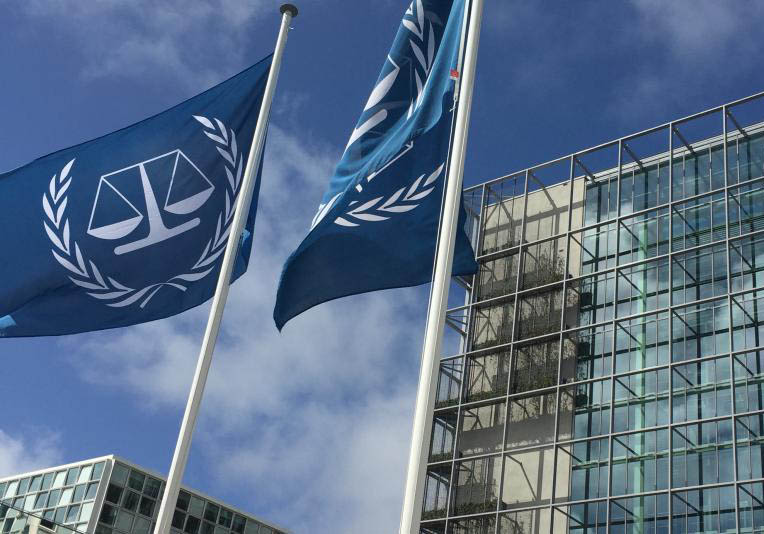
Dec 8, 2017 | News
The South African government should reconsider its move to withdraw from the ICC, said the ICJ, the Southern Africa Litigation Centre and Lawyers for Human Rights, local, regional and international human rights advocacy organizations.
This will be the second attempt by South Africa to withdraw from the Rome Statute, after the first attempt in 2016 was declared unconstitutional by the High Court after being successfully challenged by several parties including the Southern Africa Litigation Centre.
This week Minister Michael Masutha announced the government’s intention to pursue withdrawal from the ICC in a speech at the Assembly of State Parties of the ICC in New York.
The Minister was critical of Pre-Trial Chamber ruling of the ICC, which found that South Africa was obliged to arrest and detain Sudanese President Omar Al-Bashir.
He claimed that South Africa’s continued membership on the ICC would undermine “its ability to carry out its peace-making mission efforts in Africa” and “fulfill its role as mediator for peace”.
“The pursuit of justice and the pursuit of peace are complementary and mutually reinforcing objectives that South Africa will best achieve by remaining party to the Rome Statute of the ICC,” said Kaajal Ramjathan-Keogh, Executive Director of the Southern Africa Litigation Centre.
“Protecting heads of state from justice compromises efforts at trying to establish peace. South Africa’s refusal to arrest Bashir is an affront to Darfur victims,” she added.
Arnold Tsunga, the ICJ’s Africa Director said: “The notion that South Africa needs to embrace impunity in order to help peace is irrational and at odds with experience around the world. Greater accountability, for instance through international mechanisms, assists the rule of law, development efforts and respect for human rights. It is vital that South Africa projects itself as a leader in anti-impunity efforts in the region.”
“Withdrawing from the ICC would destroy a pillar of African efforts to tackle impunity which would be an unfortunate move for South Africa and the international community,” he added.
Masutha did not outline how the withdrawal will take place in compliance with South African law, indicating only that he would “shortly serve on Parliament” notice of withdrawal.
The African National Congress (ANC), South Africa’s ruling party, has indicated that it will discuss the issue of withdrawal at its policy conference scheduled for later this month.
According to a High Court judgment handed down earlier this year, however, the executive has no legal authority to withdraw South Africa from the ICC.
The High Court held “South Africa can withdraw from the Rome Statute only on approval of parliament and after the repeal of the Implementation Act”.
If notice were given to Parliament, it would have to independently consider the merits of withdrawal.
Under South African law the public should then be given an opportunity to participate in this process, which would involve the repeal of the Implementation Act.
“There is the added danger of an impunity gap should South Africa pull out of the ICC without putting in place any other mechanisms to ensure accountability for international crimes. There are currently no other regional or international fora to prosecute serious crimes under international law,” said Jacob van Garderen, Director of Lawyers for Human Rights.
Contact
Arnold Tsunga, ICJ’s Africa Director, t:+27 716405926, e: arnold.tsunga@icj.org
Tim Fish Hodgson, ICJ Legal Adviser, t:+27 828719905, e: timothy.hodgson@icj.org
Contact at Southern Africa Litigation Centre: Kaajal Ramjathan-Keogh kaajalr@salc.org.za / +27 84514 8039
Contact at Lawyers for Human Rights: Jacob van Garderen, jacob@lhr.org.za / +27 828203960
Background
Burundi left the ICC on 27 October 2017. South Africa has declared its intention to be the second African country to leave.
Gambia, which a year ago, had also indicated its intention to withdraw, spoke at the Assembly of State Parties of its pride to remain with the ICC and of its re-commitment to the ICC.
The South African government appeared before the Pre-Trial Chamber of the International Criminal Court in April 2017 to defend its failure to cooperate with an ICC request to arrest and surrender President Omar al Bashir of Sudan when he attended an African Union Summit in June 2015.
The Pre-Trial Chamber issued its ruling on 6th July 2017 which confirmed that South Africa did in fact fail to cooperate with a request from the ICC in violation of its international law obligations. The Chamber did not, however, issue any sanction for this non-compliance.
Read also
ICJ Briefing submitted to the Portfolio Committee on Justice and Correctional Services.
High Court judgment on withdrawal from the ICC.
ICC ruling on South Africa’s failure to arrest President Omar Al-Bashir.
Opening Statement of Minister of Justice Michael Masutha at Assembly of States Parties of the ICC.








